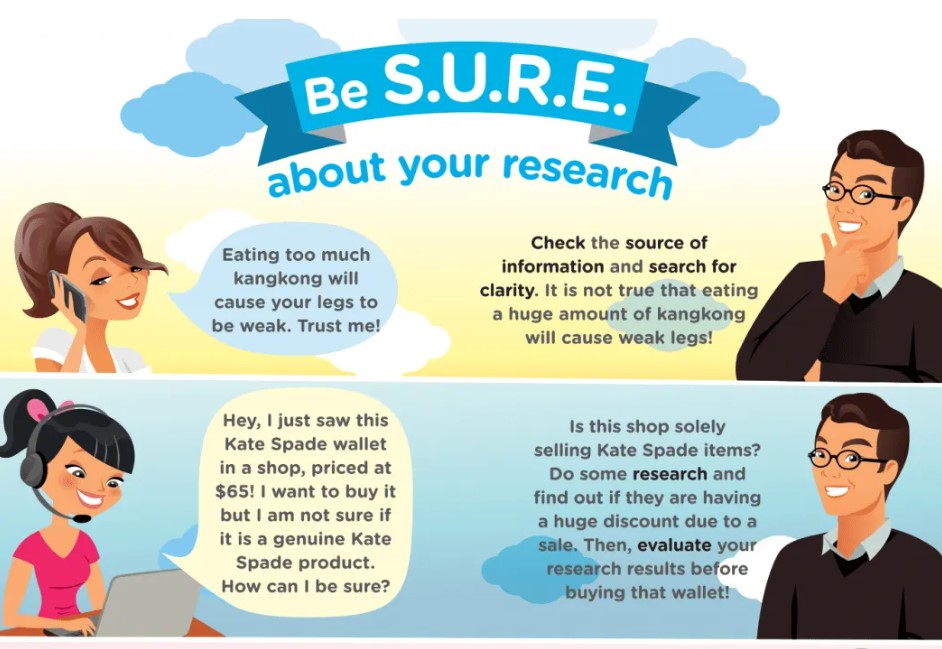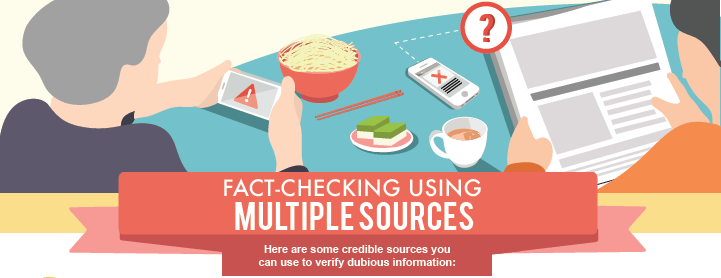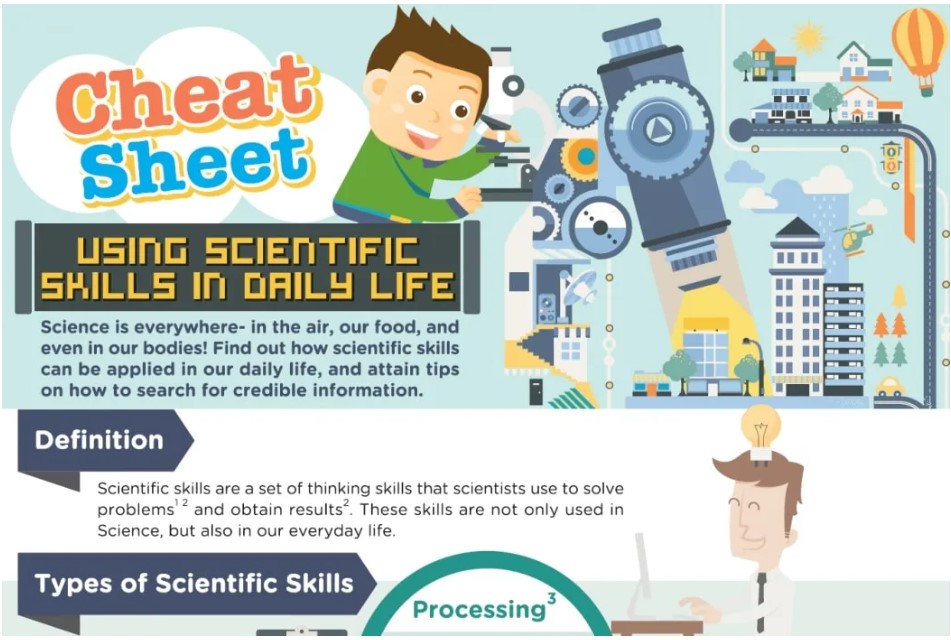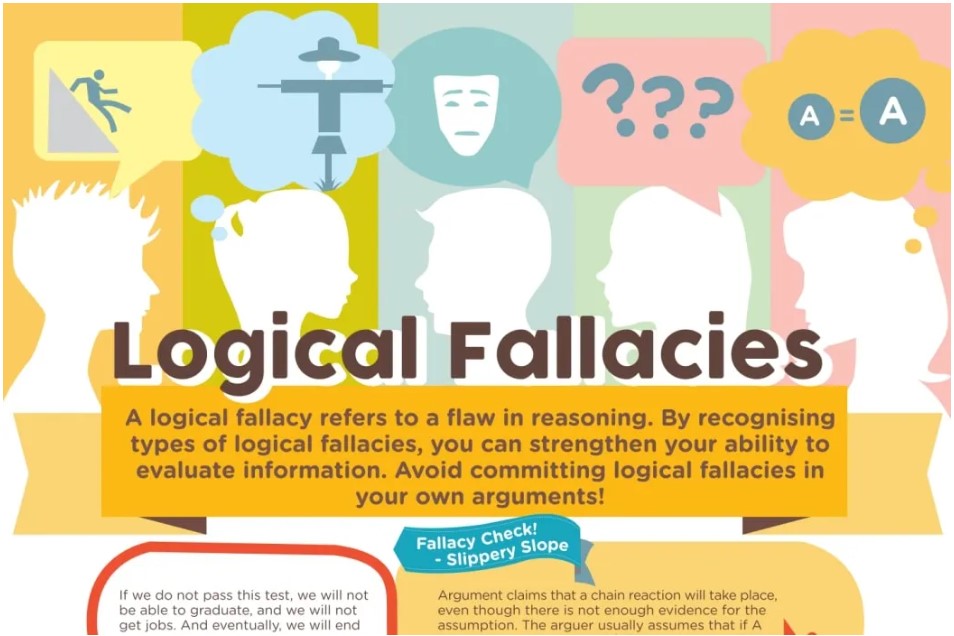Resources for Teachers & Students
RETURN TO HOME

-
Primary Level
ACE YOUR PROJECT WORK
Ace Your Project Work is a resource for primary school teachers to help their students improve on project work skills. Lesson plans and worksheets based on the S.U.R.E (Source, Understand, Research and Evaluate) steps are enclosed within the resource for teachers to refer to.
-
Primary Level - Social Studies
Cultural Diversity
Learn more about different cultures in the resources below.
Click here to find out more about the different festivals:
What is the truth behind Chinese New Year superstitions?
Know Your Festival: Hari Raya Puasa
Know Your Festival: Deepavali
Know Your Festival: Christmas?
Harmony in Diversity: Interfaith Dialogue and Integration Efforts
Understanding Singapore
These resources give more information on Singapore’s buildings, environment and surroundings.
Greek and Roman Architecture in Singapore Civic District
Climate Change Effects and Low Carbon Future
Reducing Waste and Managing the Problem
A Car-lite Future: Reducing Car Usage in Singapore
Smart Nation Initiatives in Singapore
Singapore's Past
Find out more about the history of Singapore through these resources.
Appreciating the World
These resources provide information on various topics about the world.
The Value of History and the Past
Different Types of Hotels Around the World
Inventions in the 21st Century
Types of Houses Around the World
Digital Economy and the 4th Industrial Revolution
About Southeast Asia
Find out some interesting facts about Southeast Asia in these resources.
Ancient Kingdoms in Southeast Asia
-
Primary Level -Research Skills
Information Resources
If you’re not sure where to go to find sources to research for your homework, here is some information that you can refer to.
NewspaperSG
NLB eResources & Setting Up MyLibrary ID
Singapore Infopedia
Archives Online
Social Studies: Issues Investigation Made Easy
Searching Skills
The information available on the Internet can be overwhelming. Here are some ways to make your search for information more effective.
Research Strategy: Information Chaining
Smart Searching Saves Precious Time
Determining the Reliability of Information
Not all information on the internet can be trusted. You can refer to the information below and determine if your information is reliable.
The power of the click and tell
Identifying Professionals from the Imposters
SURE Lok Hom & the Case of Antique Chairs
Report Writing Skills
If you need help with writing your report after finding all the necessary information, refer to the resources below.
Staying Safe Online
Not everybody surfing the internet has good intentions. Look through the resources below to find out how you can stay safe online.
-
Secondary Level
The S.U.R.E. Research Guide has been developed based on the four steps of S.U.R.E. and will teach students and adult learners about the principles of effective research, how to use NLB’s eResources (readily available online) and guidelines on combating online falsehoods.
The content is suitable for secondary and post-secondary students conducting research for their projects and school assignments. Working professionals can also use this guide for their academic and general research needs.
-
Secondary Level - History
-
Secondary Level - Geography
-
Secondary Level - Social Studies
Singapore Infopedia
-
Secondary Level - CCE, Cyberwellness & ICT
-
Post-secondary level
Please refer to the post "S.U.R.E. Research Guide" under the Home-based Learning page.
The S.U.R.E. Research Guide has been developed based on the four steps of S.U.R.E. and will teach students and adult learners about the principles of effective research, how to use NLB’s eResources (readily available online) and guidelines on combating online falsehoods.
The content is suitable for secondary and post-secondary students conducting research for their projects and school assignments. Working professionals can also use this guide for their academic and general research needs.
Academic Research with NLB eResources
In this e-lecture, learn how to conduct academic research online using a combination of efficient search engine guidelines and the National Library Board’s eResources website. Please download the S.U.R.E. Research Guide
Be S.U.R.E. about your research

How well do you know about the information you receive? Are you sure about the information your friend shared or the information you read online? Learn how to apply the 4 ways of S.U.R.E. to discern information in our daily activities, such as shopping and eating.
Fact-Checking Using Multiple Sources

If you receive any dubious information, you can check the facts using credible sources before you share.

When doing your project essay, you might have plagiarised unknowingly when you do not cite the author or source for the phrase which you have used. Download the full infographic to learn the four recommended steps to paraphrase.

Nowadays, anyone can easily copy and paste information from the internet for their schoolwork. However, doing so is committing plagiarism, which is a serious offence. Download the full infographic to find out what are the different types of plagiarism and how to avoid it.

A quick guide to doing citation for academic research and projects. Download our cheat sheet to learn why, when and how to cite sources.
Using Scientific Skills for Daily Life

Science is everywhere – in the air, our food, and event in our bodies. Download our cheat sheet to find out how scientific skills can be applied in our daily life, and attain tips on how to search for credible information.

A logical fallacy refers to a flaw in reasoning. By recognising types of logical fallacies, you can strengthen your ability to evaluate information. Download the full infographic to avoid committing logical fallacies in your own arguments.
NLB eResources & Setting Up MyLibrary ID
How To Use Academic Databases